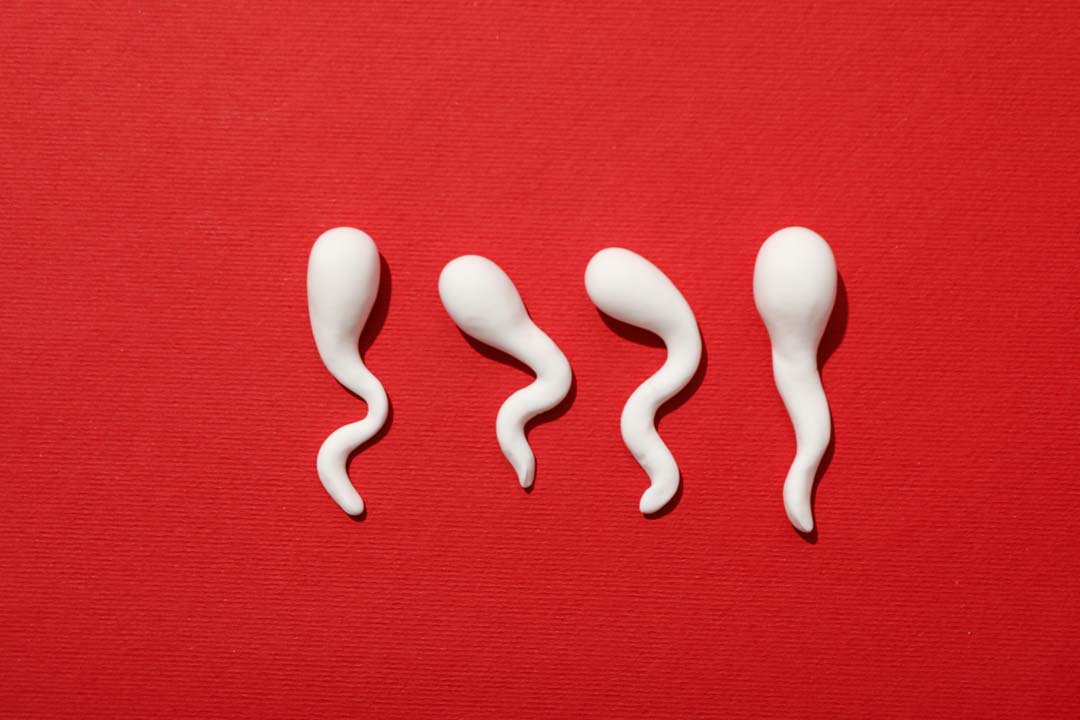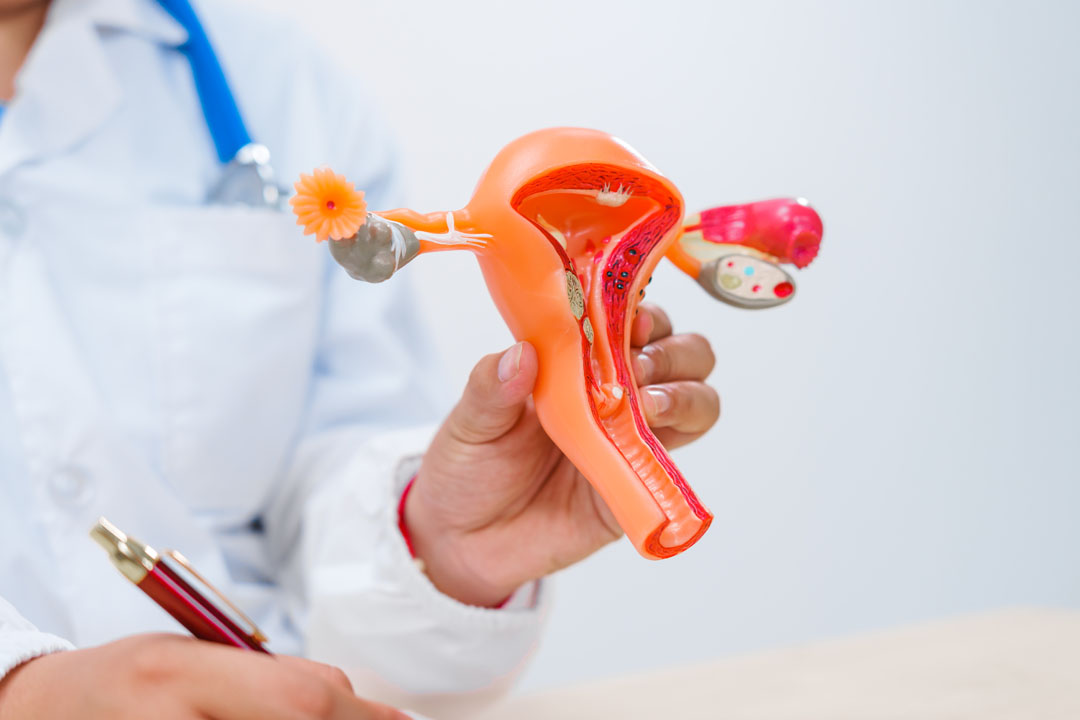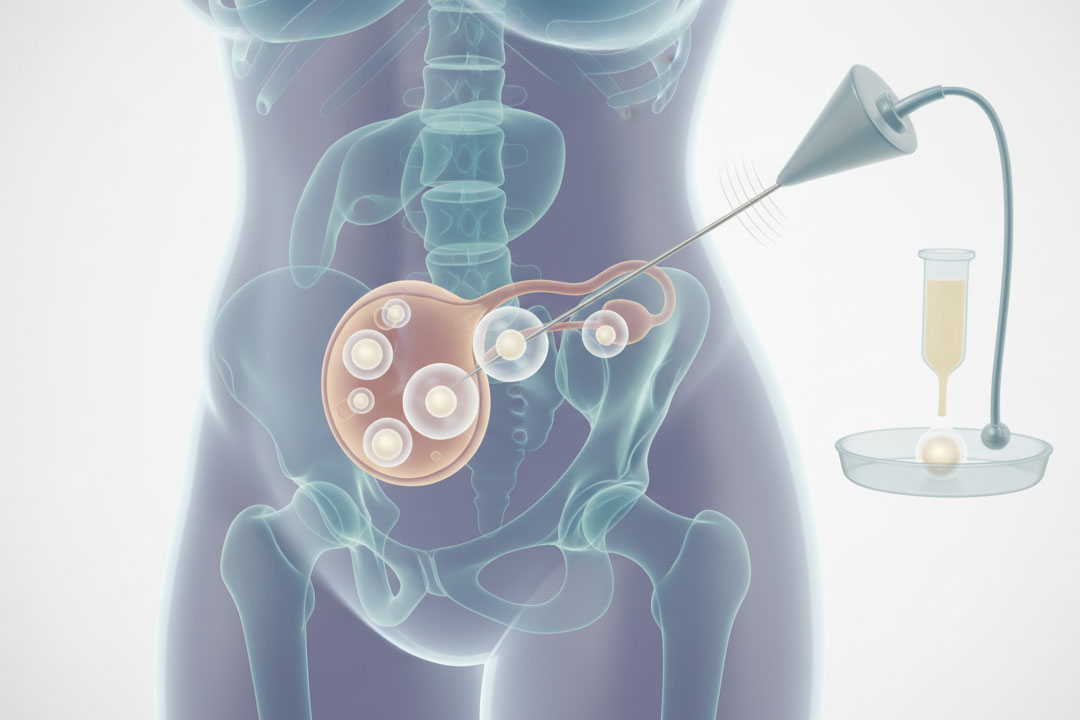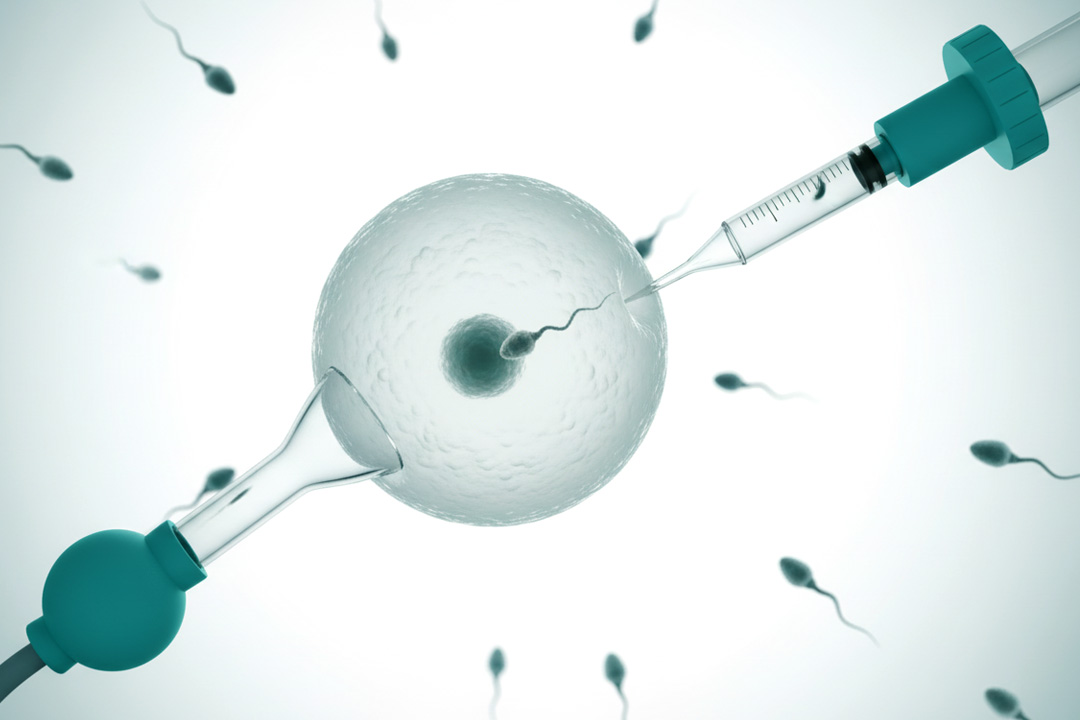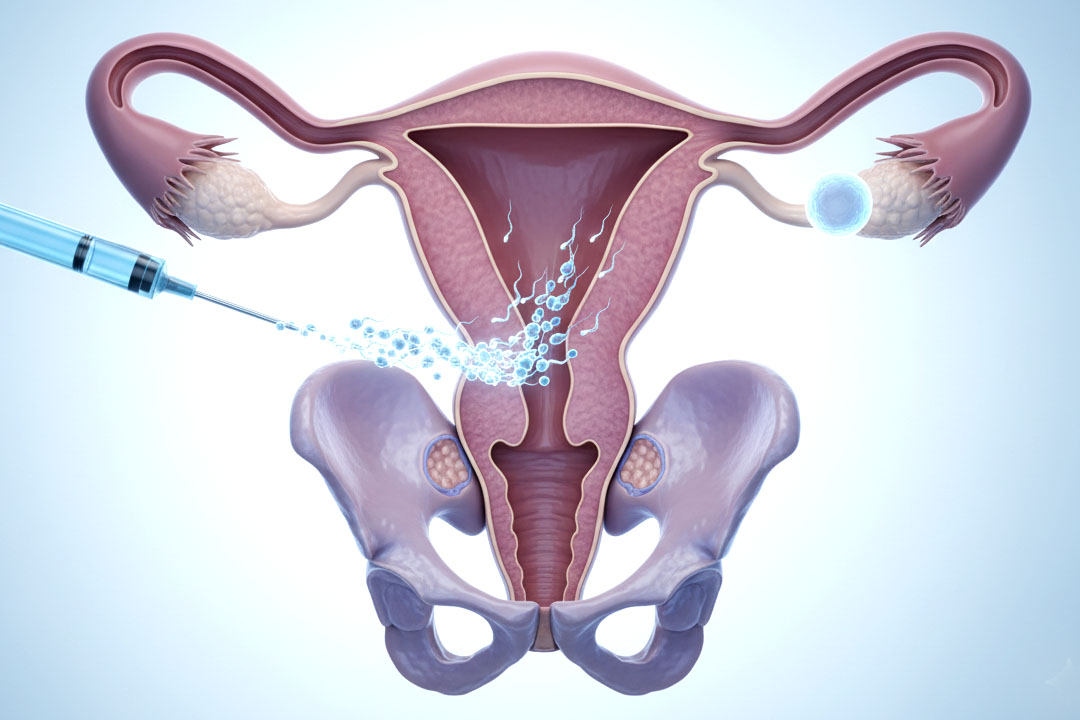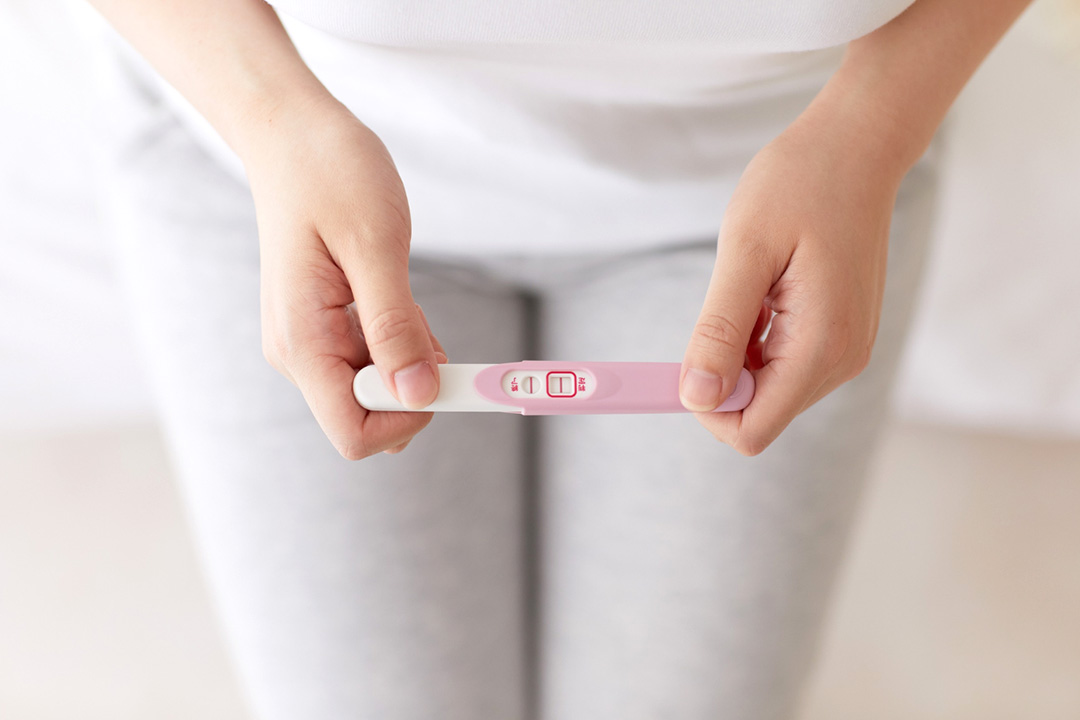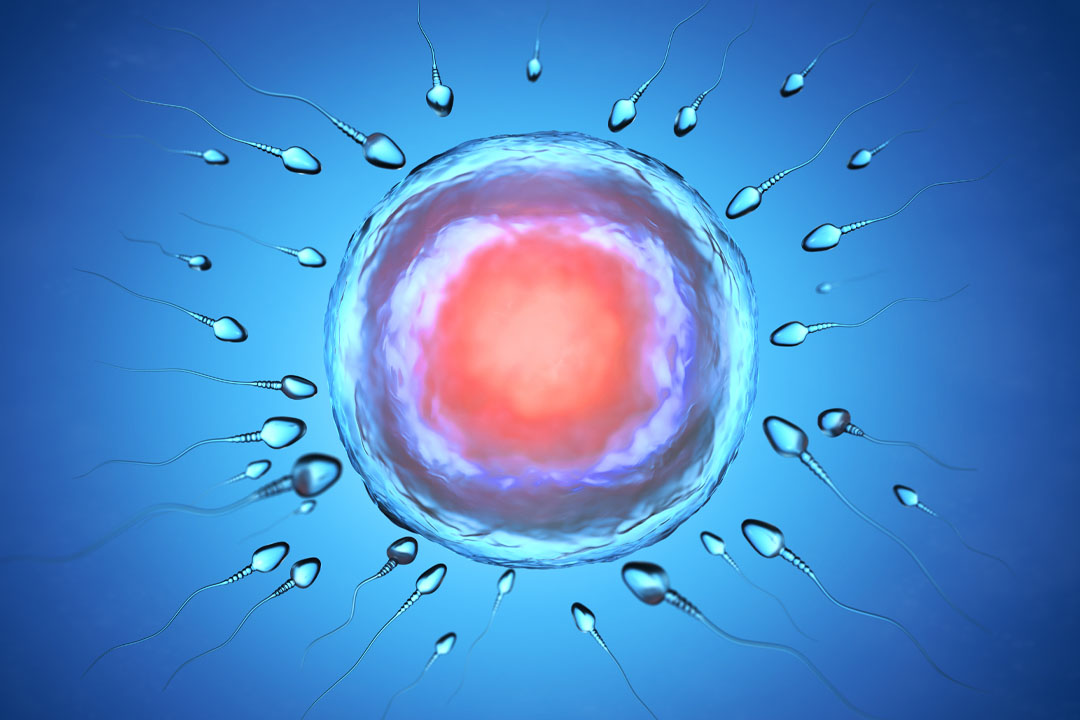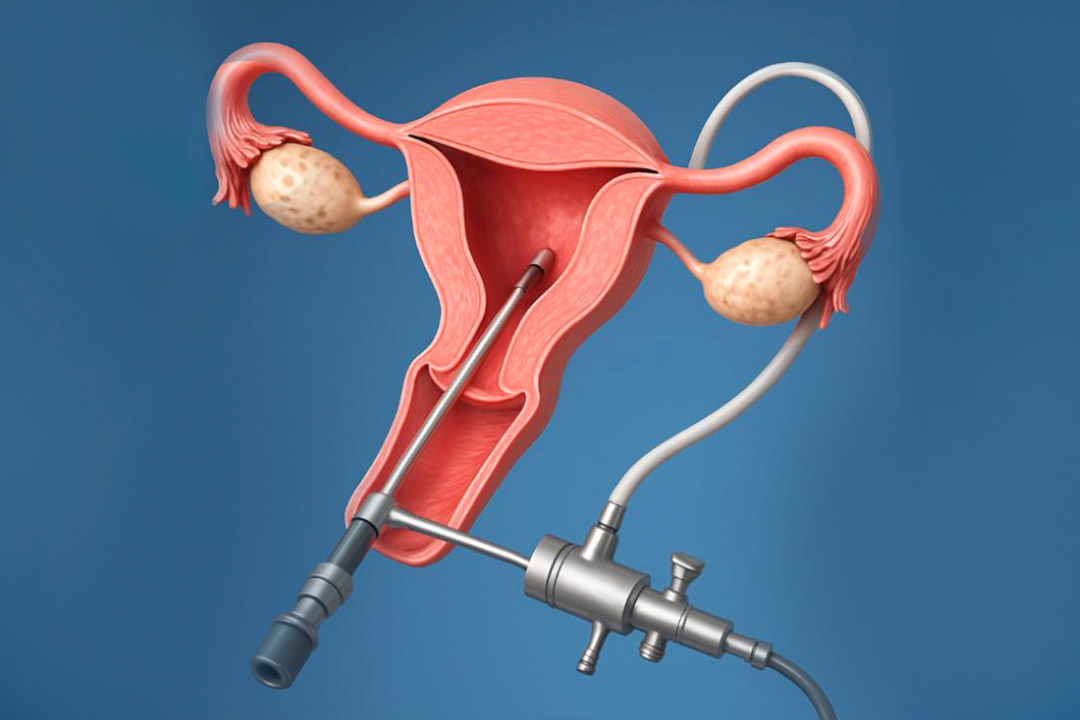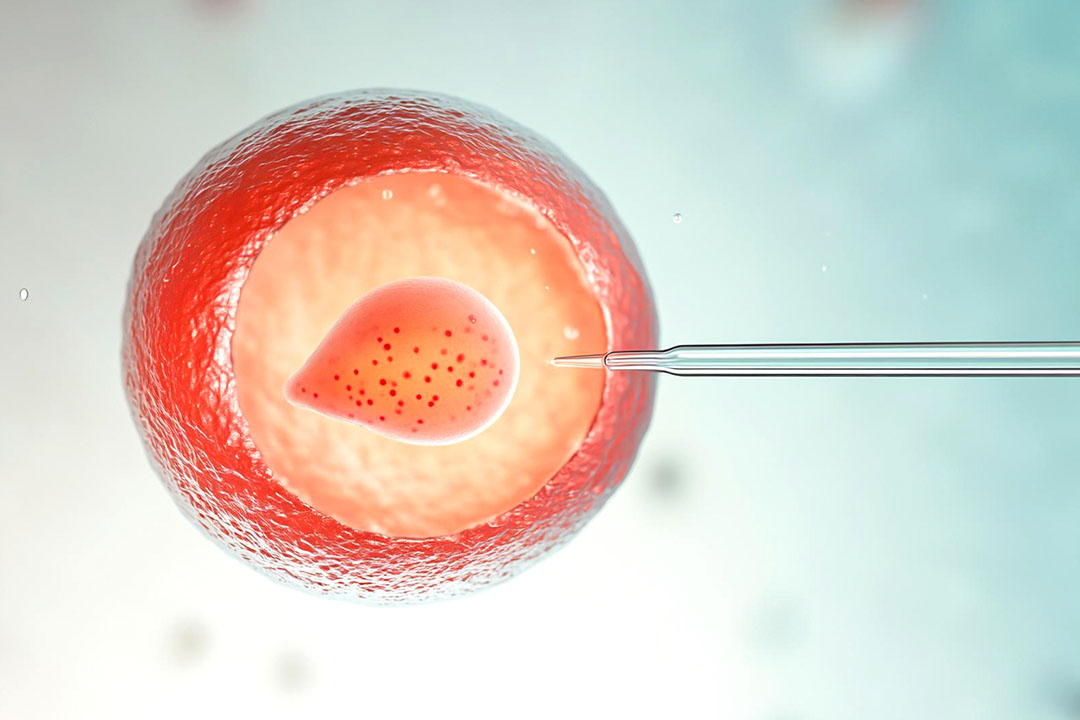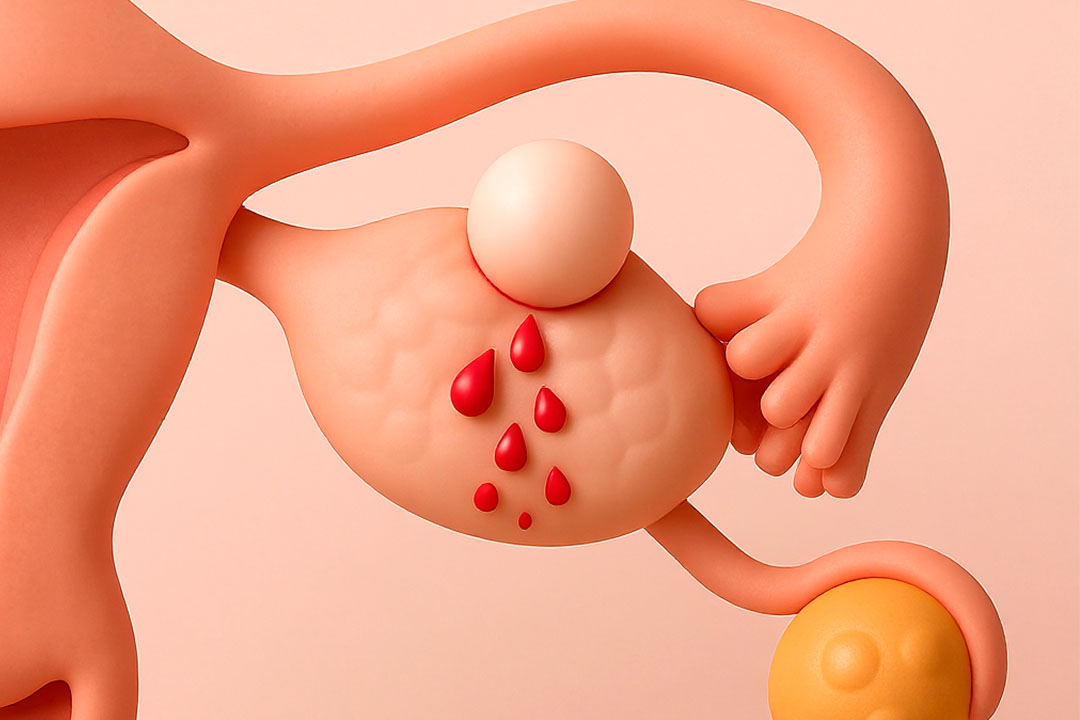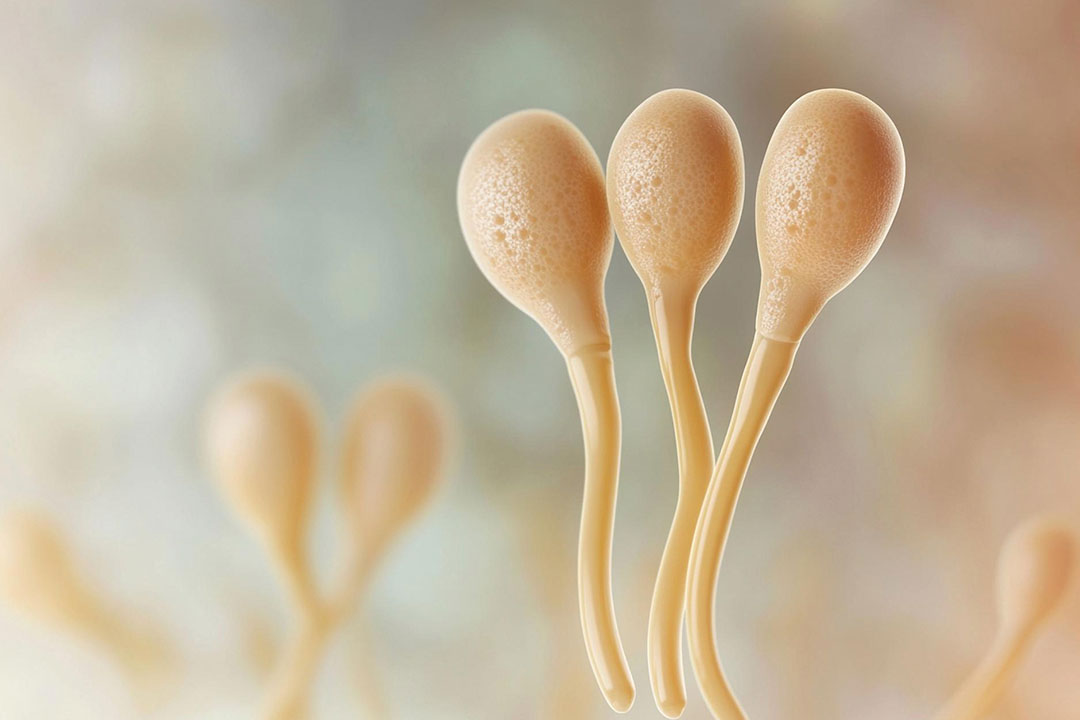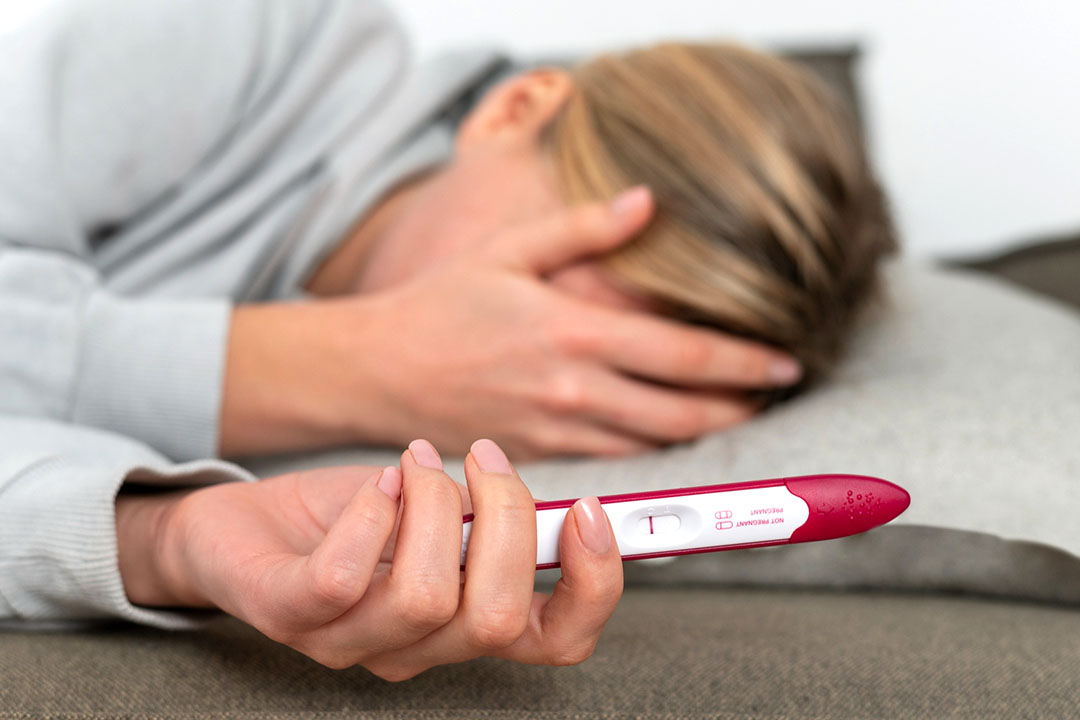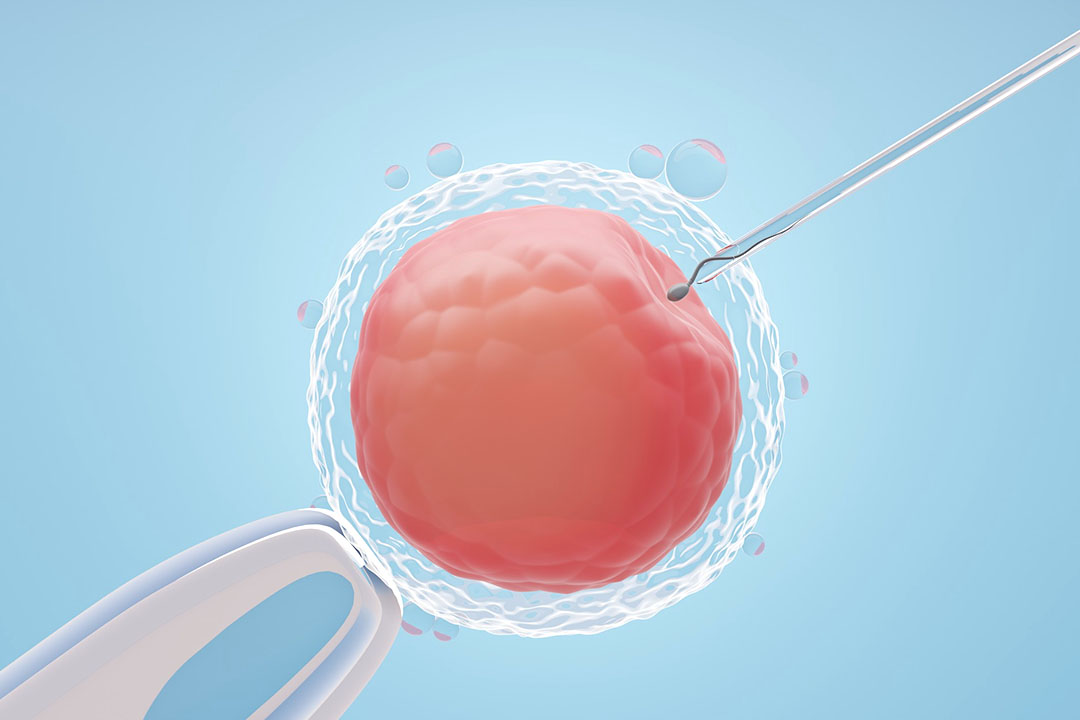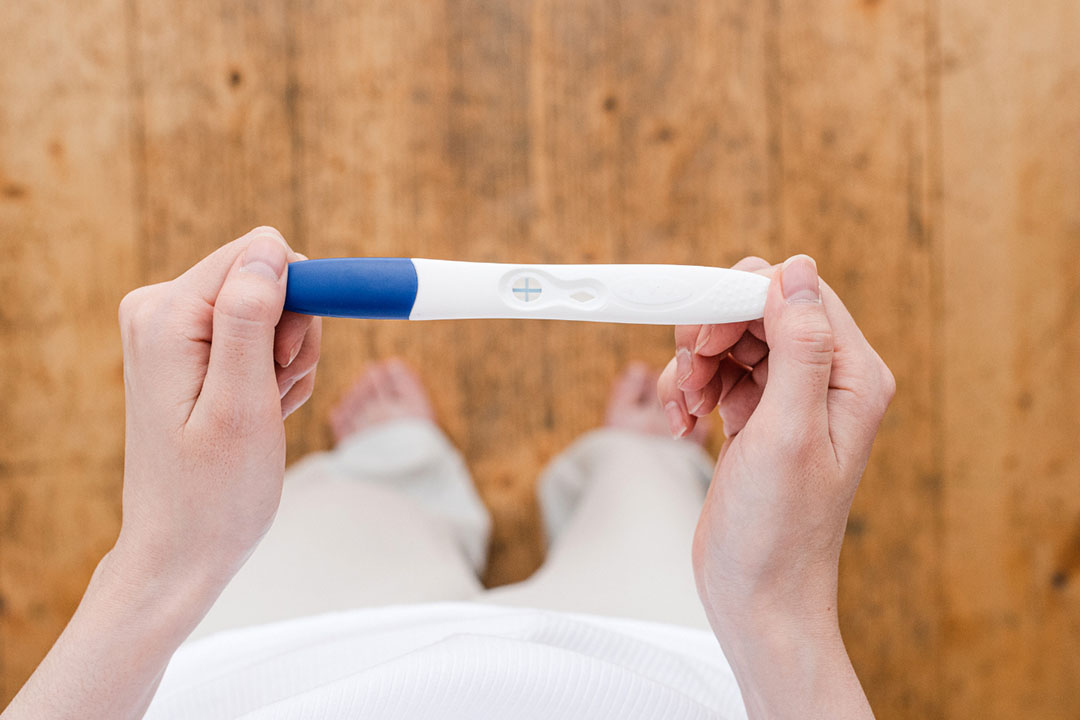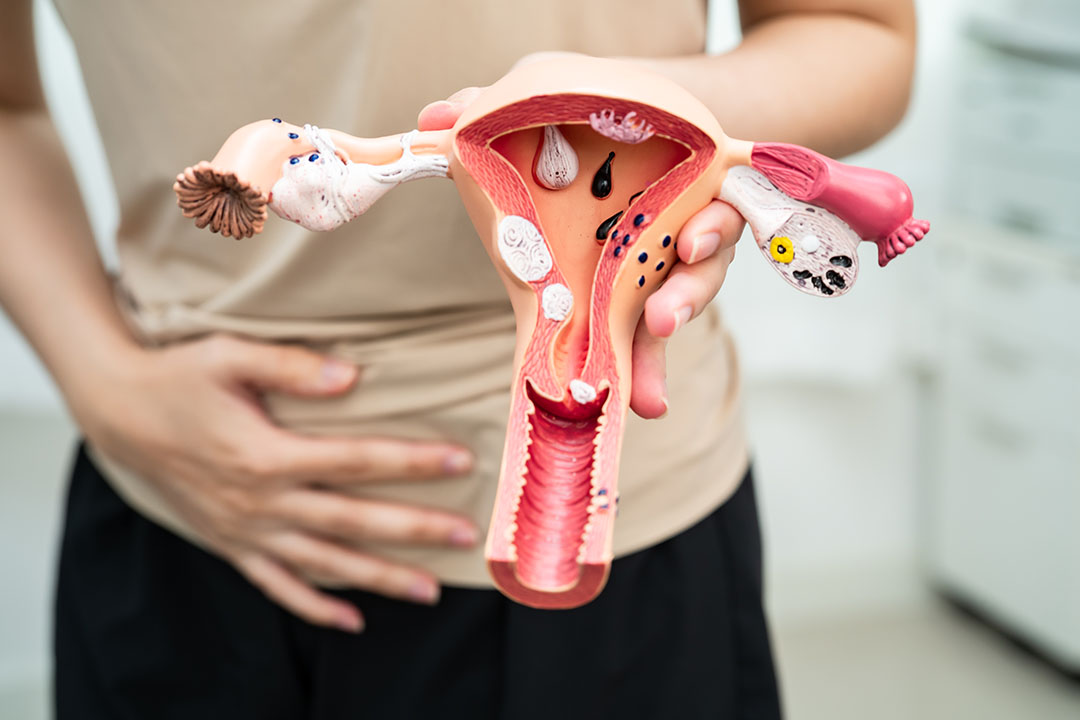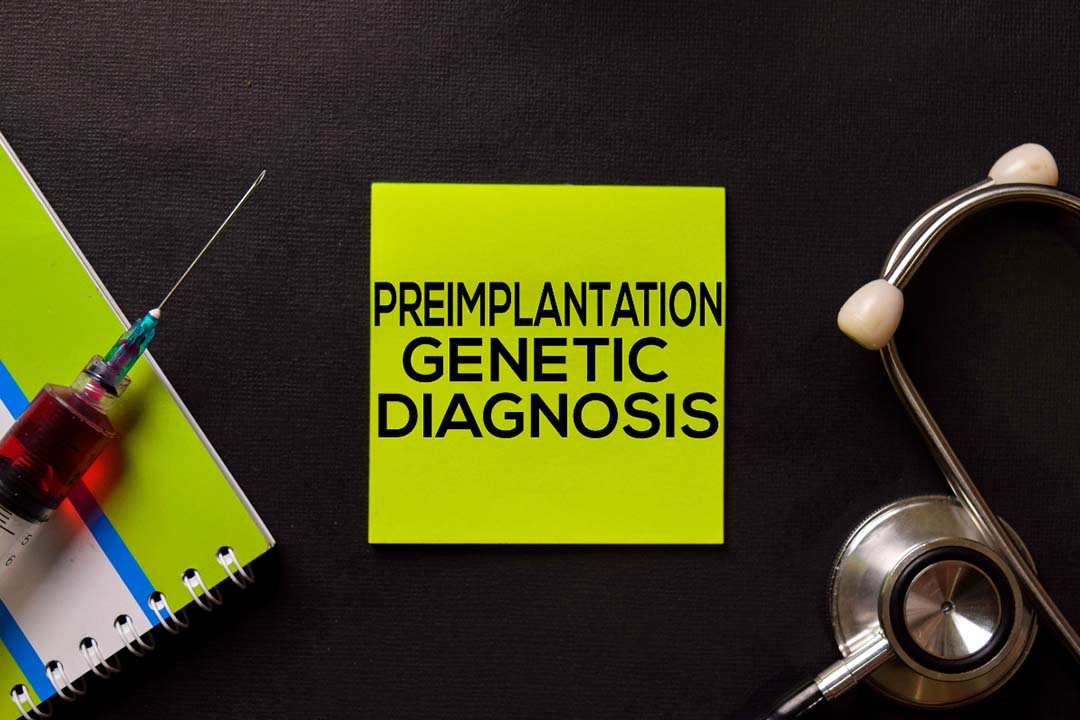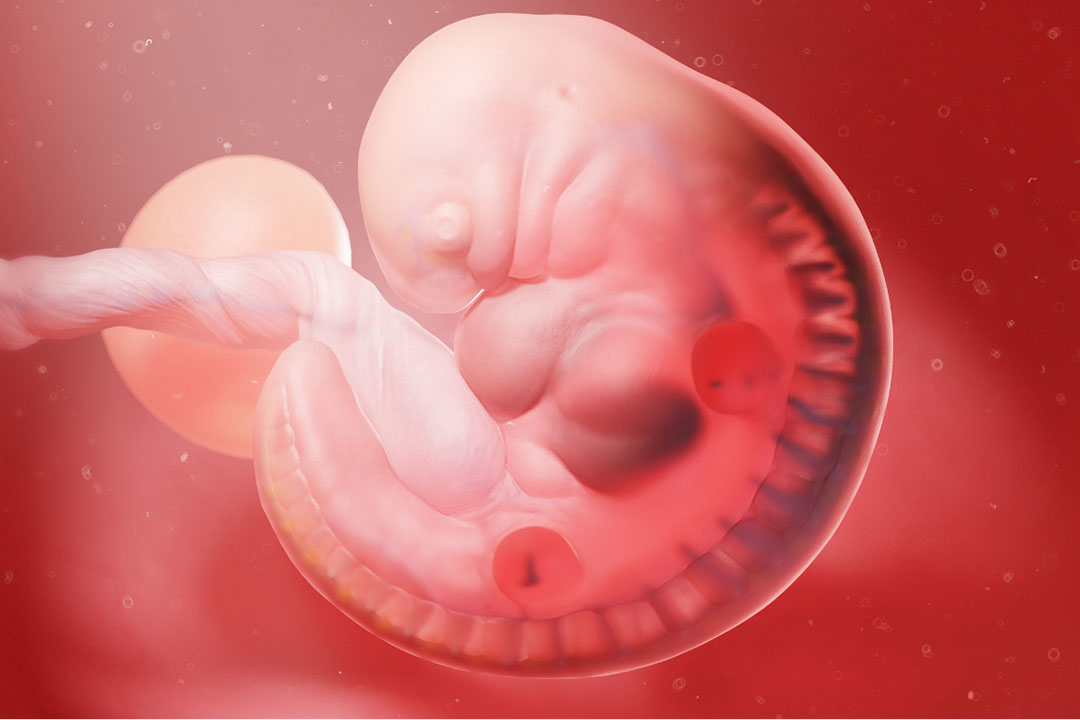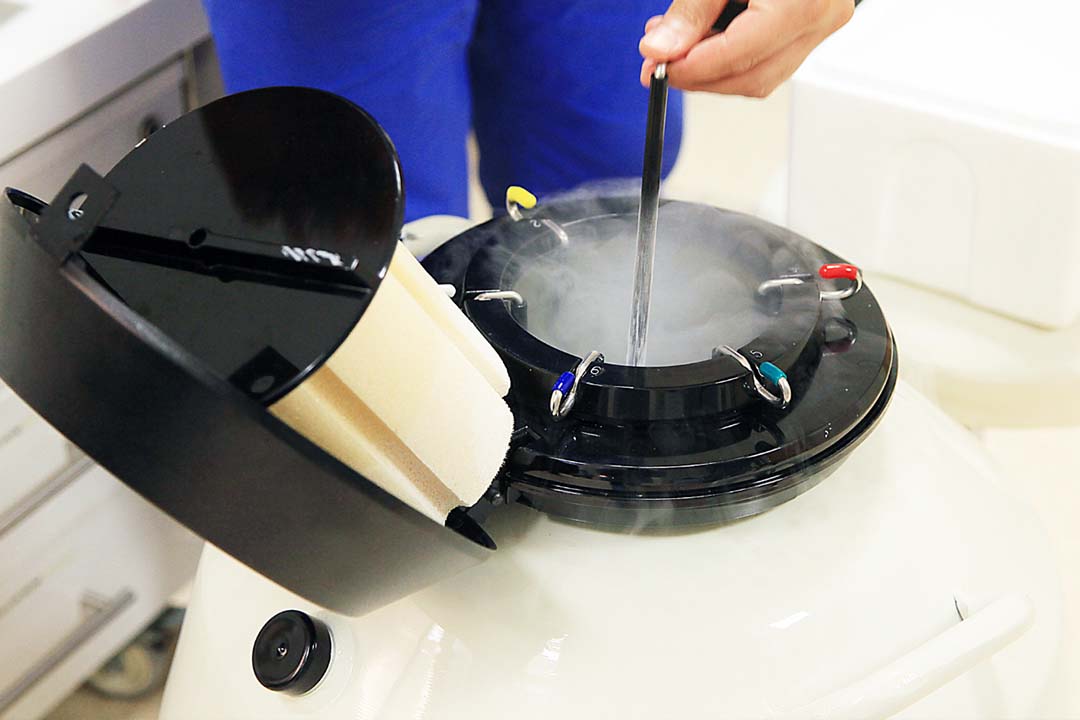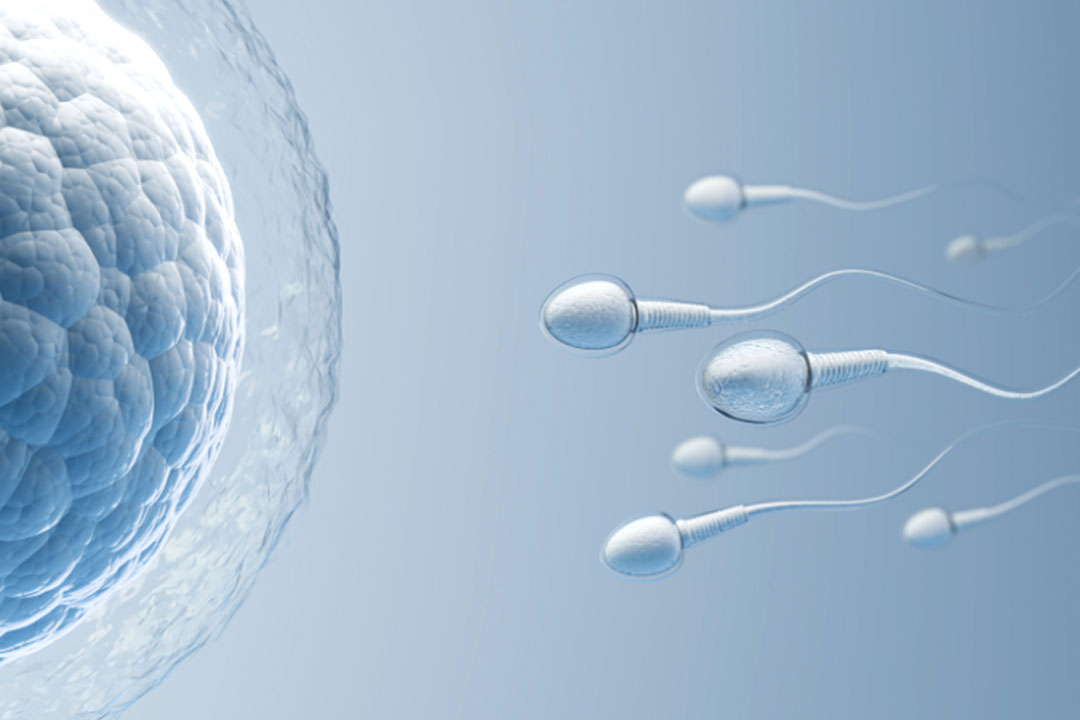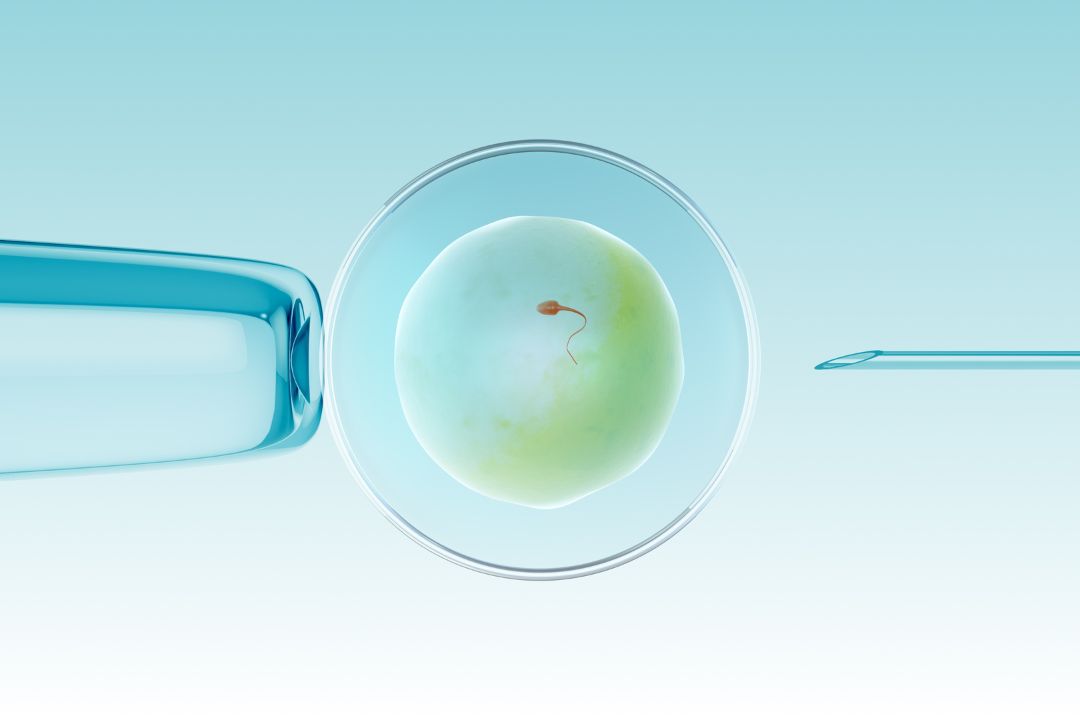Does Stress Affect Fertility? How Emotional Health Shapes Chances of Conception
Stress is a part of everyday life. A busy job, financial worries, family responsibilities, and health concerns can all increase stress levels. If you’re trying to start or grow your family, you may wonder: does stress affect fertility? In simple terms, the answer is yes.
Research shows that high, long‑lasting stress can interfere with both male and female reproductive systems, making it harder to conceive. In this article, we’ll explore how stress influences fertility, the scientific evidence behind the connection, and practical steps you can take to manage stress and improve your chances of conception.
How Stress Impacts the Body’s Reproductive System
When you feel stressed, your body releases hormones—such as cortisol and adrenaline—to help you respond to challenges. This “fight or flight” response is useful in short bursts, but chronic stress keeps stress hormone levels elevated over time. These hormones can disrupt the delicate balance of reproductive hormones.
- Brain‑to‑gonad signaling: The brain controls fertility through the hypothalamus and pituitary gland, which release signals that tell the ovaries (in women) or testes (in men) to produce eggs or sperm. High cortisol can block these signals, reducing ovulation in women and lowering sperm production in men.
- Ovulation and menstrual cycle: In women, stress can delay or even halt ovulation. If eggs are not released regularly, the chance of natural conception drops.
- Sperm quality: In men, stress is linked to reduced sperm count, lower sperm motility (movement), and increased DNA damage in sperm cells.
Scientific Evidence Linking Stress to Fertility
Several well‑designed studies have found clear associations between stress levels and time to pregnancy.
Stress enzyme marker and time to conceive
In one study, women whose saliva showed high levels of alpha‑amylase, an enzyme tied to stress, took about 30% longer to become pregnant than those with lower levels of this marker. This suggests that day‑to‑day stress can slow down the chances of conception.
Hormone disruption
Research confirms that prolonged high cortisol levels interfere with the brain’s signals to the ovaries. When those signals falter, ovulation may not occur, or it may occur irregularly.
“Unexplained” infertility
Even couples who have no visible problems on standard fertility tests sometimes struggle to conceive. Studies indicate that elevated stress and anxiety can explain many of these cases, pointing to stress management as a key part of fertility care.
The Vicious Cycle of Infertility and Stress
Trying to conceive without success can be deeply upsetting. Stress about fertility can increase anxiety and depression, which in turn can further lower the odds of pregnancy—a cycle many couples find hard to break.
- Emotional toll: People facing infertility often report levels of anxiety and depression similar to those diagnosed with serious illnesses. One review found that up to 60% of individuals in fertility treatment report psychiatric symptoms such as anxiety or depression.
- Treatment side effects: Fertility medications can also cause mood swings, irritability, and emotional ups and downs, making it difficult to tell whether stress stems from fertility issues or from treatment itself.
- Drop‑out risk: High stress and depression can lead couples to pause or stop fertility treatment altogether, even when the medical outlook is good.
Behavioral Effects of Stress on Fertility
Stress does not only affect hormone levels. It also influences behavior in ways that can further reduce fertility:
- Lowered sexual activity: Stress can dampen libido, leading to fewer opportunities for conception.
- Unhealthy coping habits: Stress may trigger smoking, excessive drinking, or over‑consumption of caffeine, all of which can harm egg and sperm quality.
- Poor sleep and diet: Stress often disrupts sleep patterns and leads to comfort eating, which can result in weight gain. Both sleep deprivation and obesity are linked to reduced fertility in men and women.
Managing Stress to Boost Fertility
The good news is that managing stress can help restore balance to your reproductive system. Here are evidence‑based strategies you can incorporate into your daily life:
1. Practice Mind‑Body Techniques
- Relaxation exercises:
Techniques such as guided imagery, progressive muscle relaxation, or deep‑breathing exercises help lower stress hormone levels. - Yoga and gentle movement:
Studies show that moderate hatha‑style yoga reduces anxiety and can improve hormonal balance. Aim for regular sessions rather than intense workouts. - Mindfulness meditation:
Daily mindfulness practice can calm the mind, reduce negative thoughts, and improve emotional resilience.
2. Seek Professional Support
- Cognitive behavioral therapy (CBT):
Research shows that CBT, which helps you challenge negative thoughts and change unhelpful behavior patterns, can almost double the chance of pregnancy for women facing fertility challenges. - Support groups:
Talking with others in similar situations can reduce feelings of isolation and offer practical coping tips. - Couples counseling:
Open communication with your partner about fears, hopes, and struggles strengthens your relationship and reduces stress on both sides.
3. Adopt a Balanced Exercise Routine
- Moderate activity:
One large study found that women who exercised moderately (about 1–5 hours per week of walking or light aerobic exercise) had higher rates of conception compared to those who were inactive or exercised too vigorously. - Avoid extreme workouts:
High‑intensity training can sometimes raise stress hormones and interfere with ovulation, so keep workouts gentle to moderate.
4. Maintain a Healthy Diet
- Consume whole foods:
A Mediterranean‑style diet rich in fruits, vegetables, whole grains, lean proteins, and healthy fats (like olive oil and nuts) supports hormone balance and lowers inflammation. - Limit processed foods:
Ultra‑processed, high sugar, or high fat foods can worsen stress responses and lead to weight gain. - Stay hydrated:
Proper hydration supports overall health and lowers stress.
5. Monitor Weight and Body Composition
- Aim for a healthy range:
Both underweight and overweight conditions can disrupt hormone levels and ovulation. Work with a healthcare provider to find a goal weight that supports fertility. - Slow, steady changes:
Crash diets can increase stress and harm reproductive health. Focus on gradual, sustainable weight management.
6. Improve Sleep Habits
- Keep a regular schedule:
Go to bed and wake up at the same times each day to regulate your body’s clock. - Create a restful environment:
Reduce noise, light, and screen time before bed to improve sleep quality. - Address sleep issues:
Seek help for insomnia, sleep apnea, or other sleep disorders, as poor sleep can raise stress hormones.
7. Limit Caffeine, Alcohol, and Tobacco
- Moderate caffeine:
High caffeine intake can affect fertility, so aim for no more than 200 mg per day (about one 12‑ounce cup of coffee). - Avoid tobacco:
Smoking is linked to lower egg and sperm quality, and to higher miscarriage rates. - Drink responsibly:
If you drink alcohol, keep it to very moderate levels or avoid it altogether during your pre‑conception period.
When to Consult a Fertility Specialist
If you have tried to conceive for one year (or six months if you are older than 35) without success, it’s time to see a fertility specialist. When you meet with your doctor:
- Discuss your stress levels: Be open about life pressures and emotional challenges.
- Review lifestyle factors: Talk about exercise, diet, sleep, and habits like smoking or drinking.
- Consider specialized testing: Your doctor may suggest hormone tests or more detailed fertility evaluations, including ovarian reserve tests or semen analysis.
- Explore mind‑body programs: Ask about programs that include CBT, relaxation techniques, or acupuncture to manage stress.
Conclusion
Stress and fertility are closely linked. Chronic stress can disrupt hormone signals, affect ovulation and sperm production, and lead to behaviors that further impair reproductive health. The good news is that stress reduction strategies—such as relaxation exercises, balanced exercise, healthy eating, and professional support—can improve your chances of conception.
If you are struggling to get pregnant, addressing stress should be a key part of your fertility plan. By combining medical guidance with practical, everyday stress‑management techniques, you can create a healthier environment for building the family you desire.
References

About Us
AKsigen IVF is a premier center for advanced fertility treatments, with renowned fertility experts on our team. Specializing in IVF, ICSI, egg freezing, and other cutting-edge reproductive technologies, AKsigen IVF is committed to helping couples achieve their dream of parenthood. With personalized care and a patient-first approach, AKsigen IVF provides comprehensive fertility solutions under one roof.














